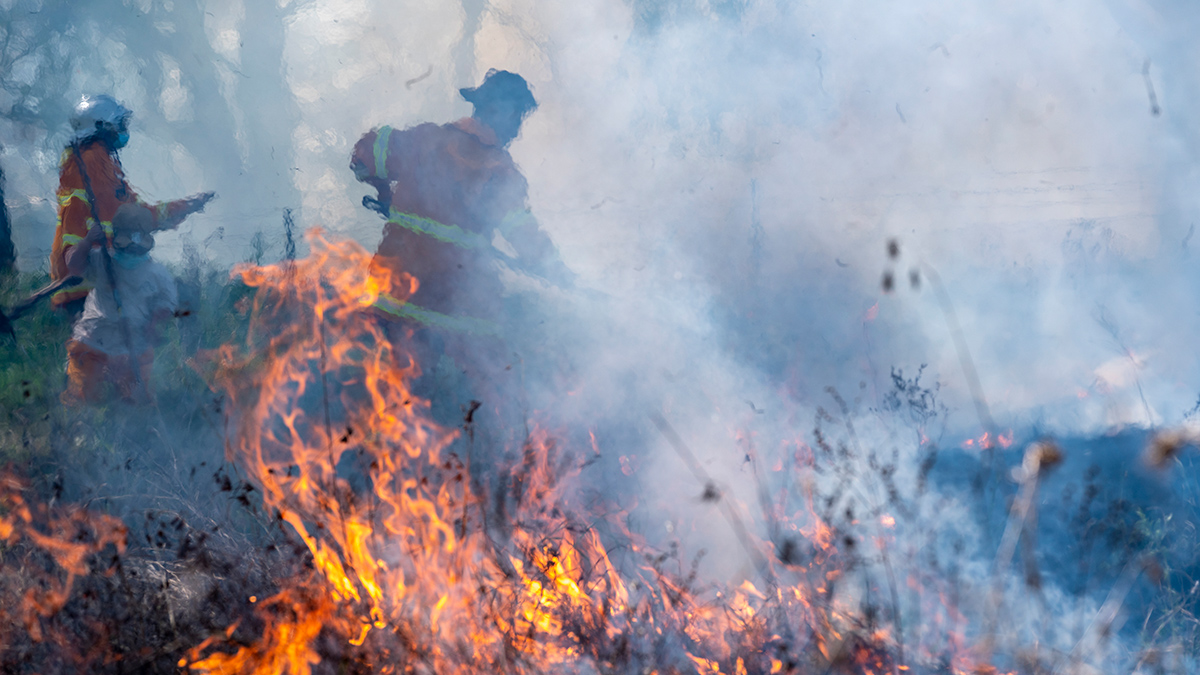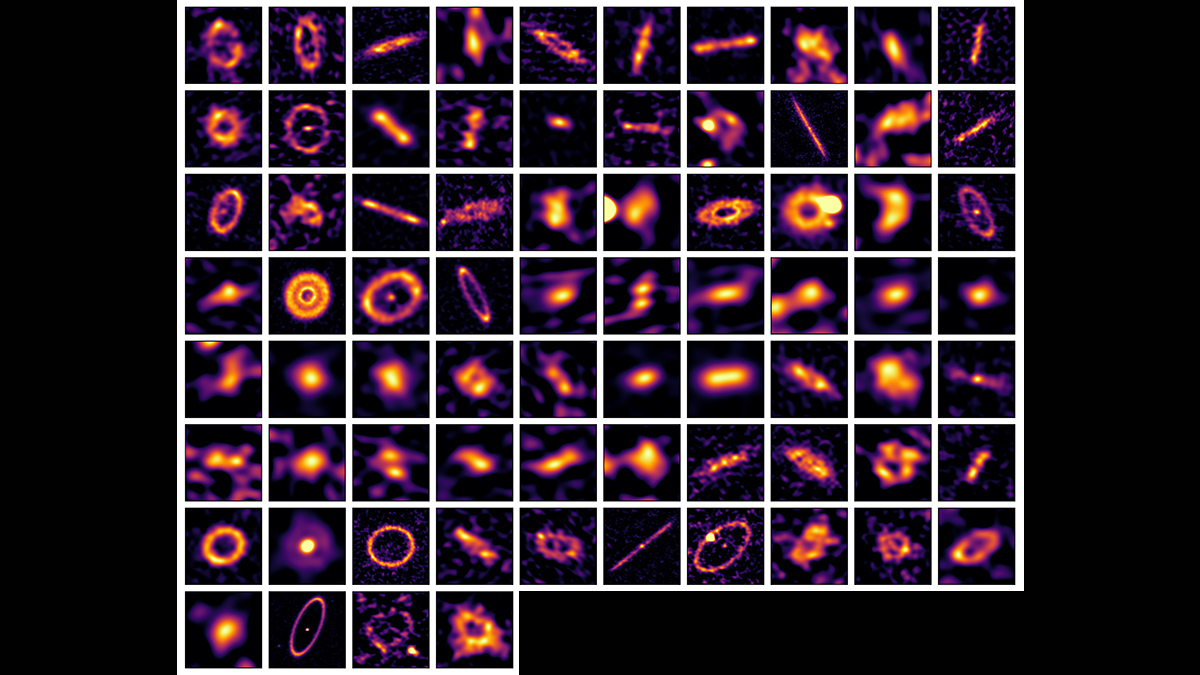Extreme temperature caused by unchecked climate change could claim 2.3 million lives in Europe by 2100, a new study warns.
News
U.S. Power Grids are Vulnerable to Extreme Weather
Different kinds of severe weather, including multiple kinds at once, have different impacts on the grid in different places.
Cave Deposit Links Greenland’s and Europe’s Climate Records with a German Volcano
Dating a late Pleistocene eruption has big implications for understanding the Younger Dryas—and current climate change.
Soccer Players Risk Heat Stress in World Cup Stadiums
Rapidly traveling between climate zones, all with different average temperatures, humidities, and oxygen levels, will place additional stress on players, staff, and spectators.
¿Seis mil años de quema controlada arruinados?
Al alterar prácticas milenarias de gestión del fuego, la colonización creó una situación mortal en los bosques australianos, pero aún no se sabe hasta qué punto se extendió la “quema cultural”.
Dusty Belts Provide Clearer Insights into Exoplanet Formation
Millimeter-wavelength observations of dust and pebbles in 74 star systems hint that planetary migrations might be more common than we realized.
Panama Canal Logistics Are at the Mercy of Weather and Climate
Regional weather variability and climate change make operating the canal a challenge.
Unregulated Industrial Contaminants Detected in Some U.S. Drinking Water
Communities of color are more likely to have higher levels of these contaminants in their drinking water.
We’re About to Reach the Paris Agreement Limit, If We Haven’t Already
Earth has probably already entered the 20-year period in which global temperatures will be, on average, 1.5°C (2.7°F) higher than preindustrial conditions.
Rice Paddies, Like Cows, Spew Methane. A New Variety Makes Them a Lot Less Gassy.
Rice plants are a big source of methane, an extremely potent greenhouse gas. Scientists just developed a strain that cuts those emissions by 70 percent.










